## Forget Farmville, This is the Real Deal: How the AG Information Network of the West is Revolutionizing Agriculture
Gamers, rejoice! You know the satisfaction of leveling up, optimizing your resources, and crushing those in-game challenges. Now imagine applying that same strategic thinking to the real world, to something as vital as growing our food.

Forget pixelated crops and virtual tractors – the AG Information Network of the West is bringing a whole new level of strategy to agriculture. This isn’t just about fancy apps and sensors; it’s about connecting farmers across the vast western landscape, sharing data, and building a smarter, more sustainable future.
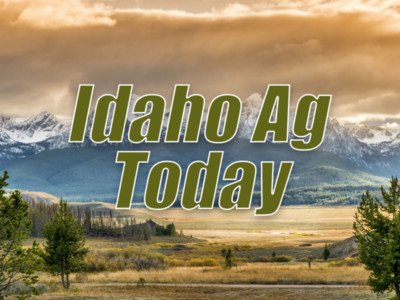
Scaling for Success: Exploring Microsoft’s Ambitious Plans to Connect 2 Million People Through FarmBeats and its Potential to Revolutionize Agriculture on a Global Scale
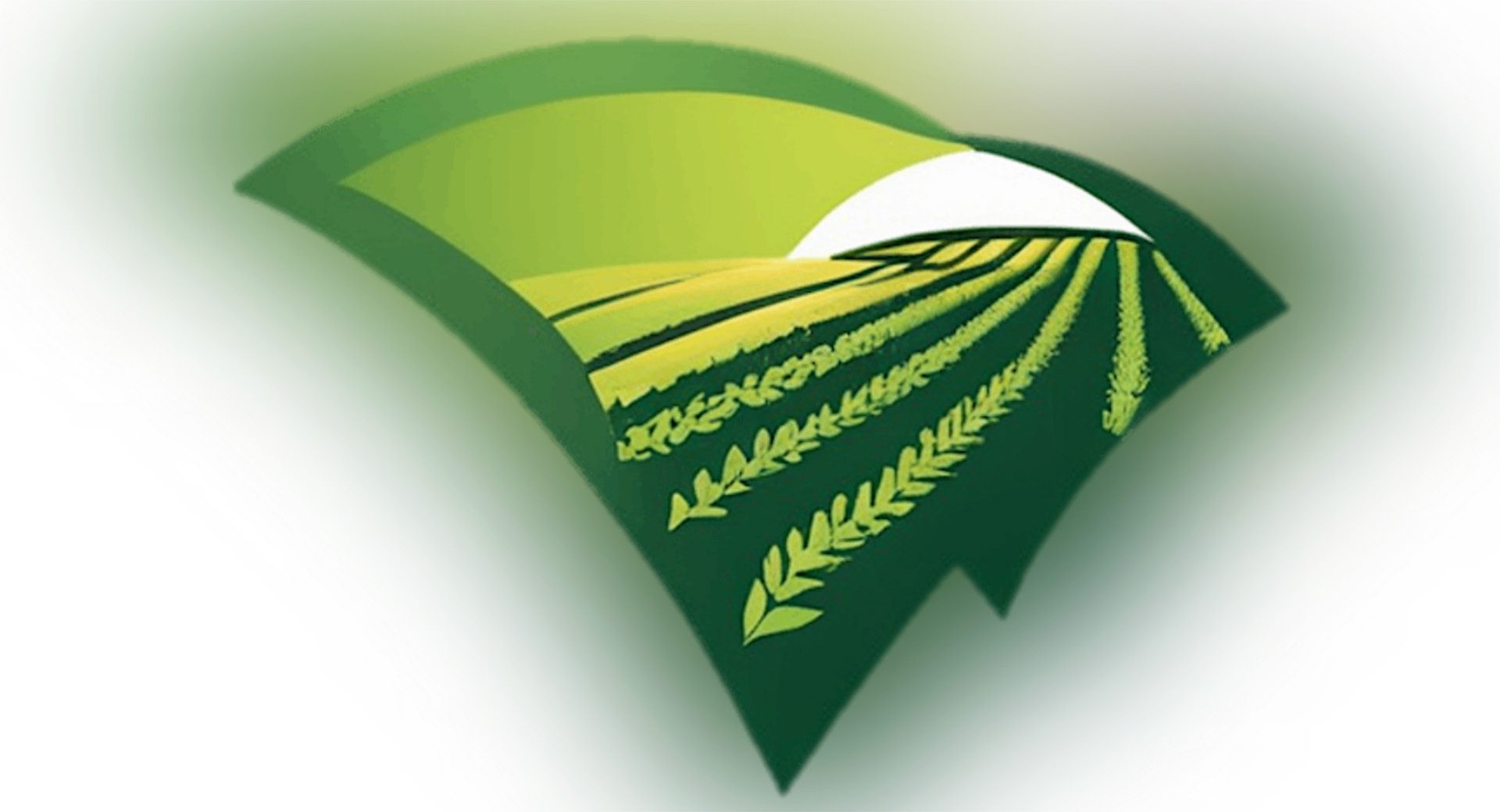
Microsoft is taking a bold step towards revolutionizing the agricultural landscape with its ambitious FarmBeats initiative. This comprehensive program aims to connect 2 million people in rural areas over the next five years, empowering farmers with cutting-edge technology and data-driven insights to enhance productivity and sustainability.
Deepak Vasisht, Research Fellow at Microsoft, explains that FarmBeats goes beyond simply providing broadband connectivity. It leverages a combination of advanced technologies, including artificial intelligence (AI), machine learning (ML), drones, and cameras, to create a holistic platform for agricultural advancement.
“With regards to farming, we also have a broad initiative called FarmBeats which takes this technology piece and combines it with other solutions in machine learning, artificial intelligence and builds out farmer position maps which can tell you exactly how the temperature is varying over your field or exactly how the moisture is varying over your field and what actions you need to take,” Vasisht states.
These “farmer position maps” provide real-time data on various environmental factors, enabling farmers to make informed decisions about irrigation, fertilization, and pest control. The platform also utilizes AI and ML algorithms to analyze vast amounts of data, identifying patterns and trends that can further optimize agricultural practices.
According to Vasisht, FarmBeats has already undergone successful trials both within the United States and internationally. The company’s focus now lies in collaborating with strategic partners to deploy this technology and connect rural communities. This ambitious goal of connecting 2 million people underscores Microsoft’s commitment to leveraging technology to address global food security challenges and empower farmers worldwide.
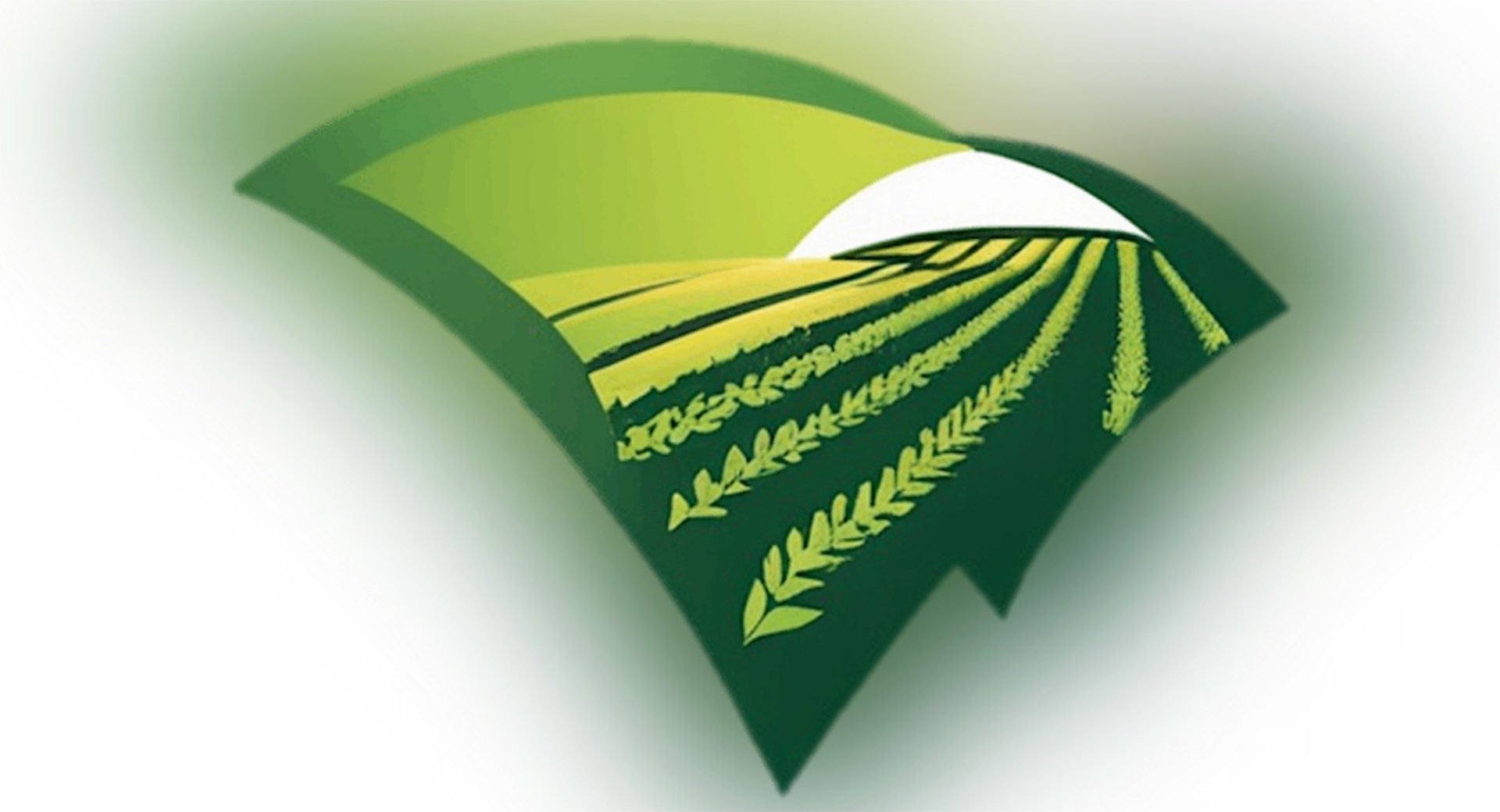
Starlink for Farmers: Elon Musk’s Vision for Agricultural Connectivity
Satellite Solutions: Understanding how Starlink’s Satellite Internet Network Addresses the Limitations of Traditional Broadband Infrastructure in Rural Areas
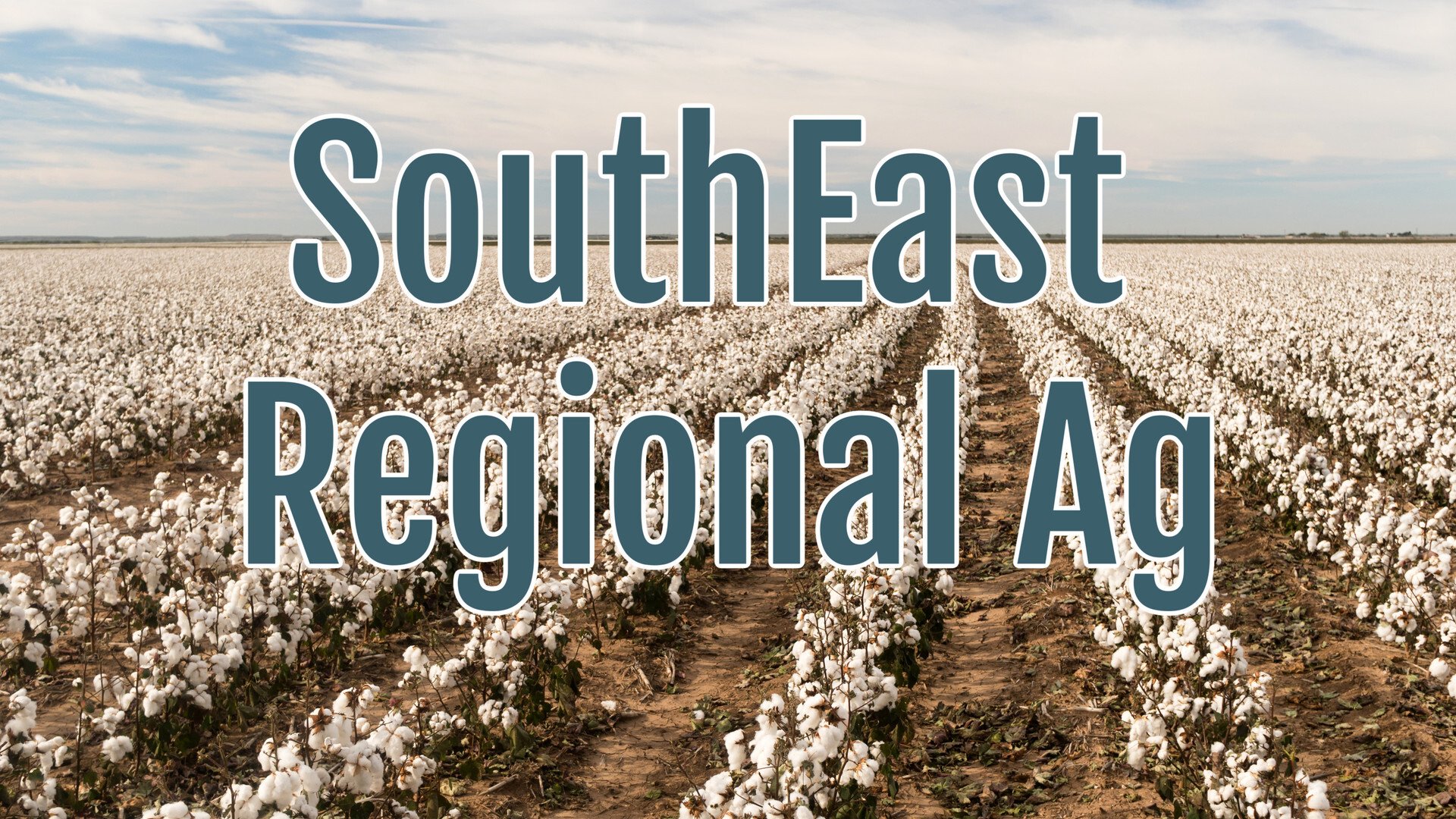
Addressing the connectivity gap in rural areas is a key challenge for global agricultural advancement. Traditional broadband infrastructure often struggles to reach remote locations, hindering farmers from accessing essential data and technologies. Enter Starlink, Elon Musk’s ambitious satellite internet constellation, which aims to provide high-speed, reliable internet access to even the most remote corners of the globe.
Starlink’s network of thousands of low-Earth orbit satellites offers a revolutionary solution to the limitations of terrestrial broadband. By leveraging a constellation of satellites that orbit closer to Earth, Starlink can provide significantly faster download and upload speeds compared to traditional satellite internet providers.
This enhanced connectivity empowers farmers in remote areas to access real-time weather data, market information, and precision agriculture tools, ultimately leading to increased efficiency, productivity, and profitability.

John Deere Partnership: Analyzing the Strategic Collaboration Between John Deere and SpaceX to Provide Farmers with Cutting-Edge Connectivity Solutions
Recognizing the transformative potential of Starlink, John Deere, a leading agricultural equipment manufacturer, has forged a strategic partnership with SpaceX to integrate Starlink connectivity into its agricultural machinery.
This collaboration combines John Deere’s expertise in agricultural technology with SpaceX’s cutting-edge satellite internet capabilities, creating a powerful synergy that promises to revolutionize farming practices.
Aaron Wetzel, Vice President of Production and Precision Ag Systems at John Deere, emphasizes the transformative value of connectivity for farmers:
“The value of connectivity to farmers is broader than any single task or action. Connectivity unlocks vast opportunities that were previously limited or unavailable.”
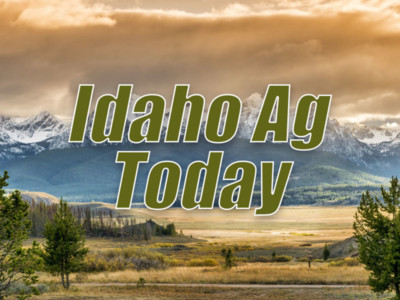
The Future of Precision Agriculture: Discussing the Implications of Starlink for the Future of Farming, Including Autonomous Machinery, Real-Time Data Sharing, and Enhanced Efficiency
The integration of Starlink connectivity into John Deere’s machinery opens up a world of possibilities for precision agriculture. Autonomous machinery, already making strides in the agricultural industry, will benefit immensely from the reliable, high-speed connectivity provided by Starlink.
Autonomous tractors and other farm equipment will be able to operate with greater precision and efficiency, leveraging real-time data and insights from the Starlink network to optimize tasks such as planting, harvesting, and spraying.
Real-time data sharing will also be significantly enhanced, allowing farmers to monitor their fields remotely, track equipment performance, and make informed decisions on the fly. This seamless flow of information will empower farmers to maximize yields, minimize waste, and achieve a higher level of sustainability.
The Ag Information Network: A Collaborative Ecosystem
South Carolina Ag Tech Forum: Highlighting the Event as a Platform for Bringing Together Stakeholders in the Agricultural Technology Landscape
The 2025 South Carolina Agriculture Technology and Business Forum, scheduled for March 26 at the Phillips Market Center in Columbia, S.C., serves as a prime example of the collaborative spirit driving innovation in the agricultural technology sector.
This event brings together a diverse range of stakeholders, including farmers, researchers, technology providers, policymakers, and industry leaders, to discuss current trends, challenges, and opportunities in agricultural technology.
According to Kendall Kirk, Director of the Clemson University Center for Agricultural Technology, the forum aims to foster collaboration and knowledge sharing among these key players:
“This forum is designed to address challenges and shape the future of the state’s production agriculture,” Kirk said. “It will allow participants to network and learn, and foster collaborative relationships with technology providers, research communities and advocacy groups.”
Industry Leaders & Partnerships: Showcasing the Diverse Range of Organizations and Experts Involved in Driving Innovation and Progress in Agriculture
The South Carolina Ag Tech Forum boasts an impressive lineup of speakers and panelists representing leading organizations and institutions in the agricultural technology landscape. These include:
- Joe Outlaw, Texas A&M University Agricultural and Food Policy Center
- Kyle Kunkler, American Soybean Association
- Michael Lalich, Lowcountry Labor LLC
- Richard Carr, South Carolina Farm Bureau Land Trust
- Landrum Weathers, Buck Branch Farms LLC
- Danny Kassis, Dominion Energy South Carolina
- Mike Mills, Reinke Manufacturing
- Fred West, West Resources Consulting Firm
- Thomas Hunter, McCall Farms
- Ben Setzler, Hi Brau Beef
- Rachael Sharp, Sharp and Sharp Certified Seed
- Ed Barnes, Cotton Incorporated
- Josh Minor, John Deere
- Andrew Brooks, Cravo Equipment Limited
This diverse representation of expertise underscores the collaborative nature of agricultural innovation, with organizations from various sectors working together to address the challenges and opportunities facing the industry.
Building a Sustainable Future: Examining the Role of Technology in Addressing Global Food Security Challenges and Promoting Sustainable Agricultural Practices
As the global population continues to grow, the demand for food will increase exponentially. Addressing this challenge of global food security requires a multifaceted approach, with technology playing a crucial role in enhancing agricultural productivity and sustainability.
The Ag Information Network, through initiatives like the South Carolina Ag Tech Forum, aims to empower farmers with the knowledge and tools they need to adopt sustainable practices that ensure a secure and sustainable food future for all.
By leveraging the power of connectivity, data analytics, and precision agriculture technologies, we can create a more resilient and efficient agricultural system capable of meeting the growing demands of a changing world.
Conclusion
So, there you have it – the Ag Information Network of the West is poised to revolutionize agriculture as we know it. By seamlessly connecting farmers, researchers, and industry leaders through a powerful network, this initiative promises to unlock unprecedented levels of data-driven insights, optimize resource allocation, and ultimately enhance food production for a growing population. From precision irrigation and real-time crop monitoring to climate change adaptation strategies and targeted pest control, the potential applications are vast and transformative. But the implications extend far beyond the fields themselves. This network has the power to reshape entire economies, empower rural communities, and foster a new era of sustainable agriculture. Imagine a future where farmers are equipped with the knowledge and tools to combat drought, mitigate the effects of extreme weather, and produce food more efficiently, while simultaneously preserving precious natural resources. This is the promise of the Ag Information Network of the West – a future that is not only technologically advanced but also deeply rooted in environmental responsibility and social equity. The seeds of this revolution have been sown, and it’s up to us to nurture them into a bountiful harvest for generations to come.
